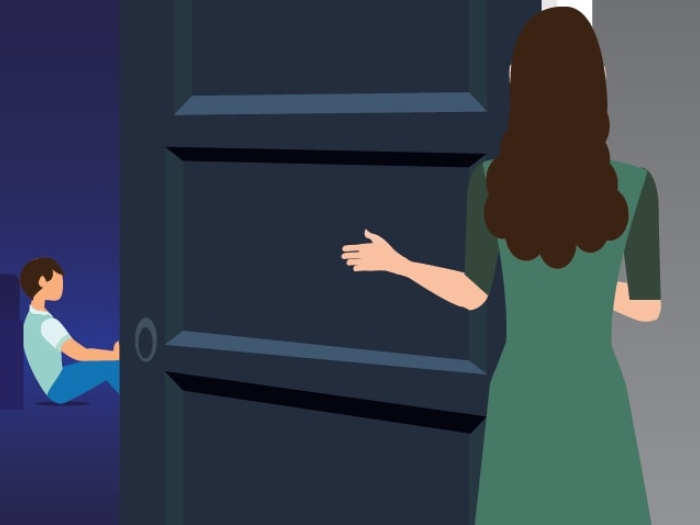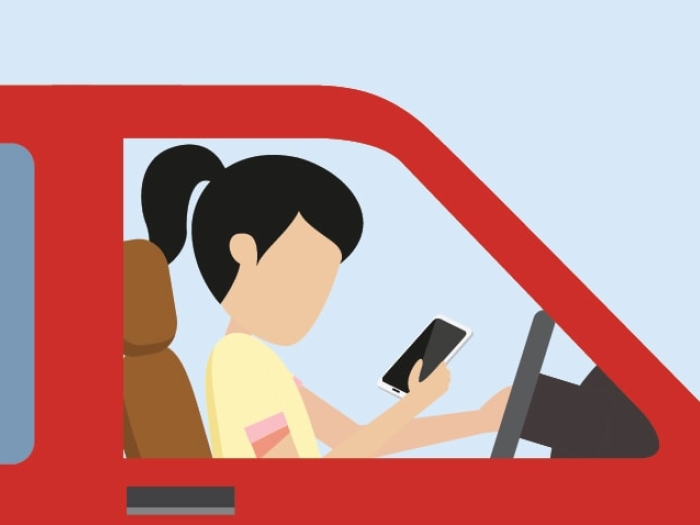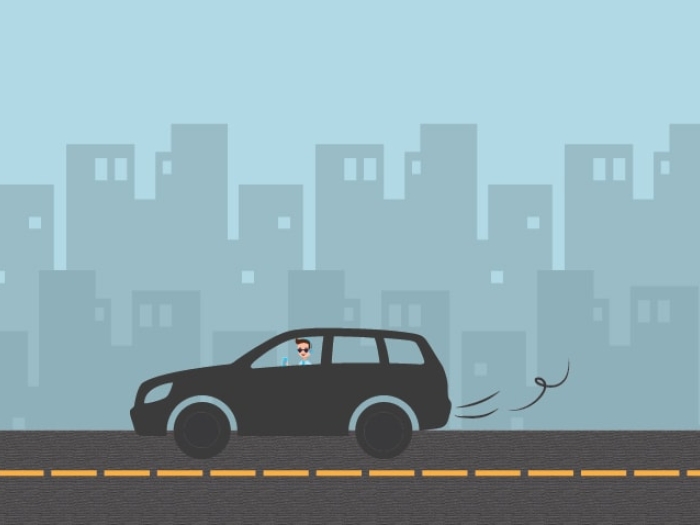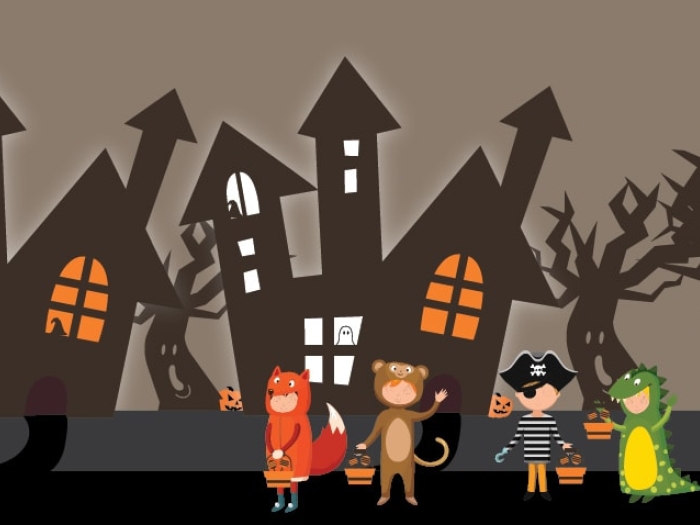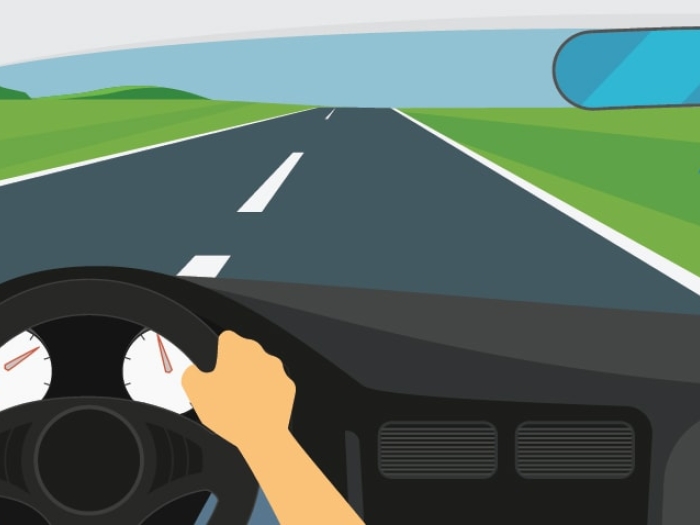Sticky days and nights can be unpleasant for adults — and life-threatening for babies. A pediatrician offers five simple ways to stay safe.
7:00 AM
Author |

This article was updated June 17, 2024
With summer in full swing — and heat waves always expected through the summer — parents need to prepare to make sure their little ones keep cool when temperatures rise.
SEE ALSO: What Parents Should Know About Safe Swaddling
"I think the dangers are overlooked," says Debra Langlois, M.D., a pediatrician at C.S. Mott Children's Hospital. "Babies just don't regulate their body temperatures quite as well as older children and adults do."
Such a divide goes beyond basic discomfort: Overheating is thought to be a risk factor for sudden infant death syndrome.
And, because infants are more susceptible for heat-related illness, taking preventive steps is critical.
Langlois offered these five easy tips:
1. Check the thermostat: "If you're warm, the baby's warm," Langlois says. It's important, then, to turn the air conditioner on when circumstances warrant. Families without AC can use a ceiling fan or a box fan that isn't pointed directly on a sleeping baby to help keep the bedroom comfortable.
Those struggling with electricity bills or without resources for fans can ask their physician for recommendations, or call 211 to learn about local resources. In cases of extreme heat, families might also seek shelter at a community-operated cooling center, which many cities open for public use on high-heat days.
2. Dress appropriately: At home and during sleep, a simple onesie (or even just a diaper) on the child should do the trick. If needed, swaddling should be done only with a thin, lightweight blanket.
"You don't want to overbundle them," Langlois says. "A baby doesn't need three layers in the summer."
3. Ensure proper hydration: Infrequent wet diapers and crying without tears are two big signs that dehydration already has occurred. Avoid that situation with extra feedings in smaller doses.
SEE ALSO: What Science Says About Letting Your Baby 'Cry It Out'
Although crucial for older kids, water is a major no-no. Says Langlois: "Their little bodies can't process water; in a worst-case scenario, it can lead to seizures." Stick to breast milk or formula.
4. Never leave a child in the car: It can be tempting to leave your baby napping peacefully in the car, but it can quickly lead to dangerous heatstroke. Young children are particularly at risk, as their bodies heat up three to five times faster than an adult's.
5. Shield from the sun: Try to stay indoors during the peak sun hours of 10 a.m. to 2 p.m. If you must go outside, seek shady spots out of direct sunlight. Be sure your baby is dressed in breathable cotton in light colors that covers as much skin as possible — ideally loose-fitting long pants and long-sleeve shirts. A wide-brimmed hat and sunglasses are key, too.
For small exposed areas like your baby's face or the backs of their hands, or if lightweight full-coverage clothing isn't available, Langlois recommends applying a broad-spectrum sunscreen with an SPF of at least 15, and trying to avoid sunscreens that contain oxybenzone.

Explore a variety of health care news & stories by visiting the Health Lab home page for more articles.

Department of Communication at Michigan Medicine
Want top health & research news weekly? Sign up for Health Lab’s newsletters today!
